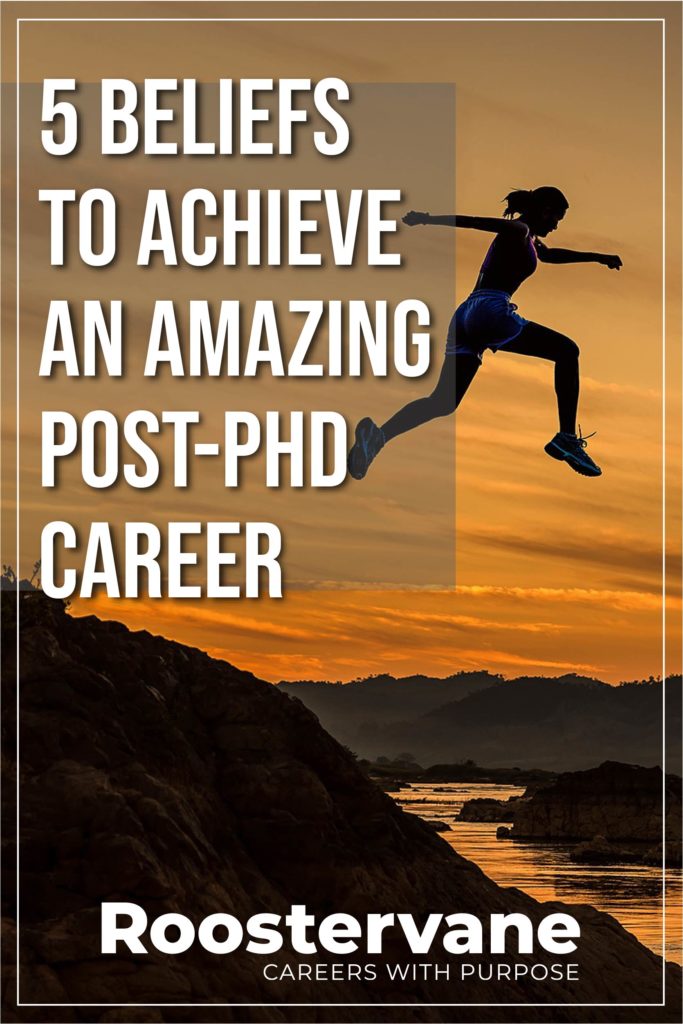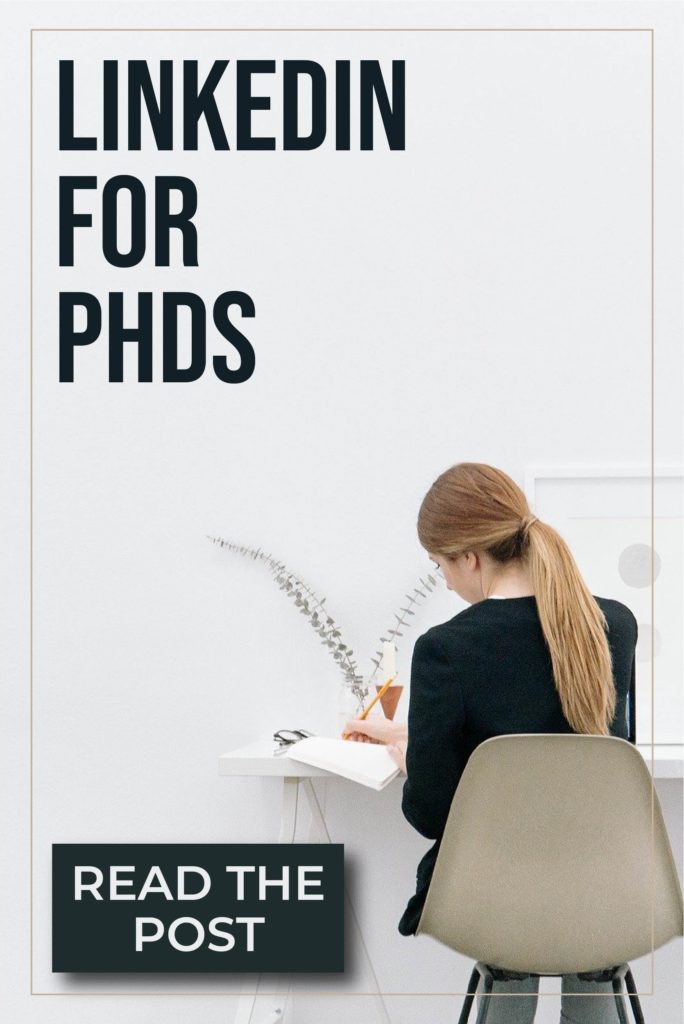As I finished an academic fellowship in Greece in May of 2018, I asked myself a question I should have asked years earlier: What comes after a PhD when there’s no academic job?
The academic job market had been disappointing the year before. I poured myself into applications and got nothing but a “thank you for applying…” Granted I only applied for Tenure-Track Assistant Professor jobs (determined that doing post-doc applications would only waste valuable time), but I was still crushed. I’d worked hard, published articles, had fellowships abroad, and traveled to conferences all over the world.
Frankly, I’d done more than any other academic I knew—convinced it would make me employable. It didn’t.
In a moment of weakness, my partner and I began to form a backup plan for our family. Being from Canada, we wondered where the best place to settle with a PhD was. (She’s a graphic designer and relatively location independent.)
Our answer: Ottawa.
Ottawa is Canada’s capital. It’s the center of Canada’s research and public policy world. (Washington’s the same in the US, but on steroids!) So, somewhat blindly, we took a jump in the dark and landed in Ottawa.
The first few weeks were hard. Determined that applying for jobs was a complete waste of time, I threw my efforts into networking. I had around 50 coffees with strangers, some of who I met on the app Shapr and some of who I reached out to with a cold message on LinkedIn. An overwhelming majority agreed to meet me, and were kind enough to offer valuable advice. (BTW- Check out this post for some solid networking advice.)
After a few weeks grasping at straws, and in desperation looking at work as a realtor or construction worker, I got the referral that changed my life. A contact connected me to a Vice President at one of Canada’s top think tanks. I sent her a message on LinkedIn and heard nothing for weeks, but suddenly a note back asked me to send a message with my resume to her Director of Research. I had a quick interview (for a contract position at first) and I was in.
I spent six months at the think tank and left to forge my own path as a research consultant. In the meantime, I had coffee with someone in the Department of Immigration at the Canadian government and was offered a job there. Since I had a background in religion and migration, I took it.
The rest of my path is unclear, but for those of you still in the PhD, I wanted to share a few things I’ve learned during my first year outside.
1. Research is everywhere
Today, I do a lot of the same work I did in academia. I get the same journals I read in academia delivered to my work inbox every morning. I have access to a sea of data at my fingertips and I work with people who know more about immigration than any academic I’ve ever met. I read a lot and write papers and policy briefs.
And writing those research proposals in my PhD paid off. I’ve written dozens since leaving. Research jobs are everywhere, and if you play your cards right you might get paid handsomely to do the same work you were doing in academia—if that’s your cup of tea.
2. PhDs have value in the non-academic marketplace–but choose your location carefully
Really… choose carefully. If you go to an industry city, I can’t imagine a PhD in the humanities or social sciences having much value. But in a center of thought like Ottawa, it carries some weight. Before I came here, I felt myself apologizing for having a PhD, downplaying it, worried I’d be considered weird and un-relatable.
In Ottawa, my PhD opened doors. It gave me some cred (especially when mixed with a growing body of non-academic work). People never laughed or asked: “What are you going to do with that?”
Nobody had to. Everybody knows there are tons of options for PhDs.
I eventually worked for the government, and realized how much it had given me. (You can read about that here.)
3. You’re worth more than academia wants to pay you
This year was my last year on the academic job market for jobs in my field of study. Yes, I gave it one more go. But I’ve never been tempted to apply for a crappy post-doc, a visiting lecturer position, or any precarious sessional lecturing. I love academia and I would have loved to stay, but if this is the end for me that’s okay.
I make the same amount of money or more than the average assistant professor post in North America, and I see a clear trajectory of wage increases. The non-academic world will value your PhD more than the academic world ever will.
4. The doors of the academy are never closed
I meet a ton of PhDs (and non-PhDs) who teach in university as adjuncts. But an adjunct position doesn’t seem quite as exploitative when you’re making six figures in an industry job and the local university asks you to teach a course in your area of expertise. I meet people who flit in and out of the academy as it suits them. The academy begs them to do it too, usually through personal networks. No humiliating job applications. No awkward interviews. When you’re a respected thought leader in your field, the academy works for you.
These are just a few things I’ve learned one year on, and hey… the adventure’s not finished yet. And there have been a lot of hard moments too. But if you’re in a PhD program I want you to know, the future is bright…
Check out my book about leaving academia– Doctoring: Building a Life After a PhD—now available on Amazon.






